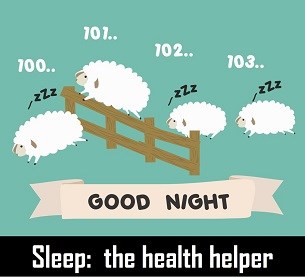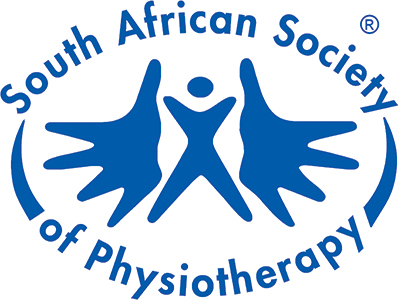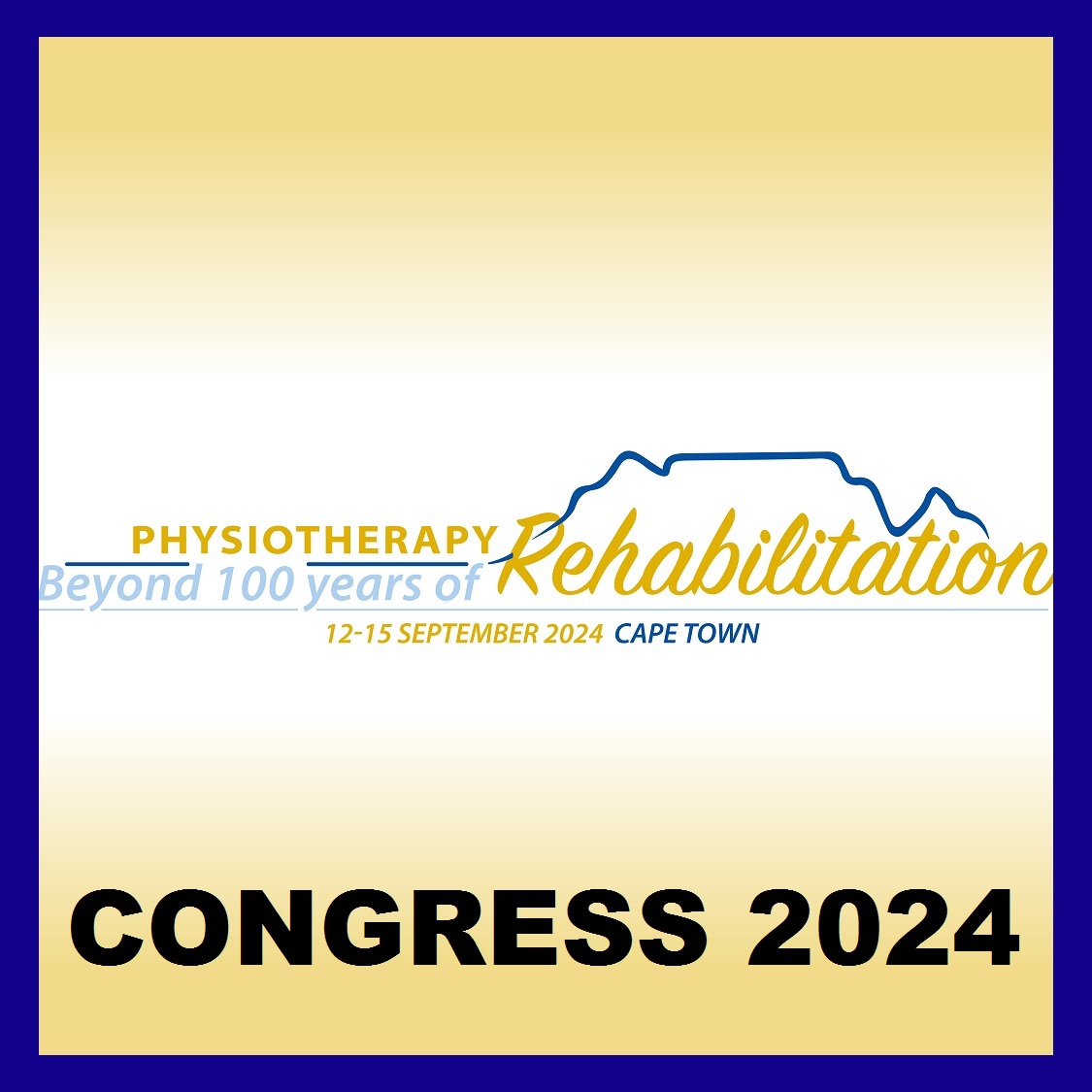
Sleep: the health helper
It’s just before two am and once again, you are lying awake, trying to find a comfortable position for your aching hip; trying to stop your brain from sliding into anxiety. You’re going to be tired tomorrow, and you’re already behind on personal and work targets…
Sleep is the forgotten ‘health supplement’. Good sleep is a healer; bad sleep complicates ill health in many complex ways.
When dealing with chronic pain, we seldom think of how our sleep patterns interact with our pain: poor sleep exacerbates pain, on the one hand, and on the other, it can be a strong predictor of pain. In a study published mid-year, “all four parameters relating to sleep – difficulties initiating sleep, maintaining sleep, early morning waking and non-restorative sleep – as well as one related to fatigue, were found to predict the onset of CWP [chronic, widespread pain] after five years”. (EurekAlert, 15 June 2018)
If you want to avoid pain and major ill-health, deal with sleep problems as quickly as possible!
Sleep is intimately linked to your health. A review in 2013 noted that “Sleep complaints are present in 67-88% of chronic pain disorders, and at least 50% of individuals with insomnia—the most commonly diagnosed disorder of sleep impairment—suffer from chronic pain. Across most medical interventions, the development of pain as a side effect coincides with the development of sleep disturbance, and vice-versa. Further, both chronic pain and sleep disturbances share an array of physical and mental health comorbidities, such as obesity, type 2 diabetes, and depression.”
In other words, your pain, your poor sleep, your middle-aged spread and your inability to yank yourself out of the black mood that has damped down enjoyment of life for the last six months may all be inter-related. Tweak one, and maybe the others will also respond. Poor sleep worsens pain: “…reduced sleep time is associated with increased pain sensitivity, and there is an interaction between sleep and the brain mechanism of pain perception”, so it’s probably worth taking a look at tactics to improve sleep if you want to feel better all round.
“This is why physiotherapists need to spend time talking and listening to their patients,” says Dr Ina Diener, deputy president of the South African Society of Physiotherapy. “So many factors in the person’s life, from their emotional wellbeing to their sleep patterns, affect how they perceive and experience pain, we need to know as much as we can in order to make the most of those treatments and restore the person to comfort and health.”
But once you’re on the not-so-merry-go-round of poor sleep, what can you do about it, short of taking sleeping pills?
“Your physiotherapist can help you improve your sleep with some simple but effective techniques,” says Dr Diener. Some tips are:
- Ask your physiotherapist to recommend a relaxation exercise. Visualisation, meditation or mindfulness: they all do much the same work, slowing down physical functions such as blood pressure and relaxing you.
- A programme of exercise that is within your current capability will help, too: even minor exercise helps people to sleep better (just don’t do strenuous exercise within three hours of bedtime, because it revs the body up).
- Reduce light in your bedroom (very important: some healthcare practitioners even recommend light-blocking curtains) and limit noise.
- Remove clocks and cell-phones.
Your physiotherapist can help coach you through a quiver full of techniques to improve your sleep and reduce pain. To find a physiotherapist, go to www.saphysio.co.za.
Back







